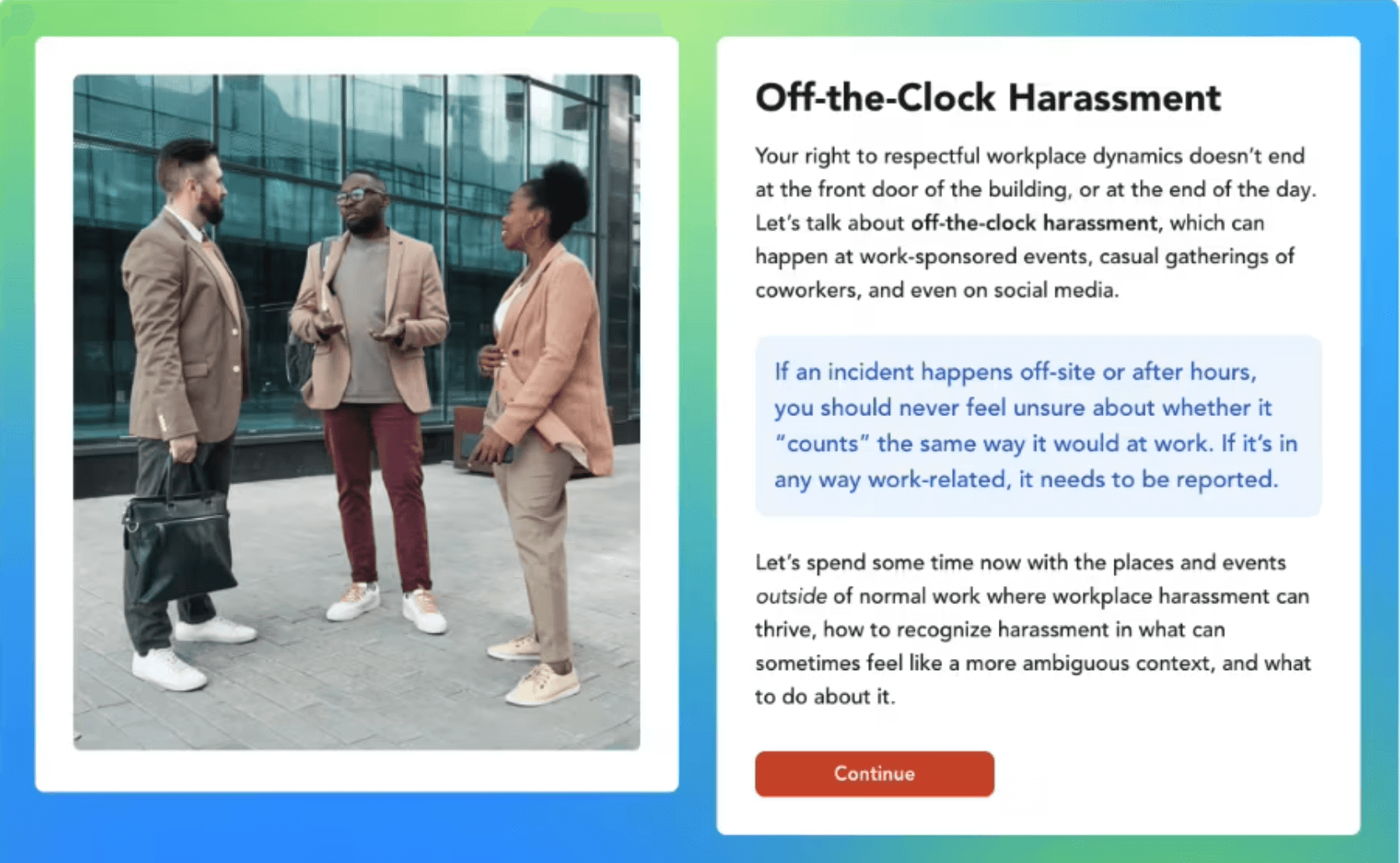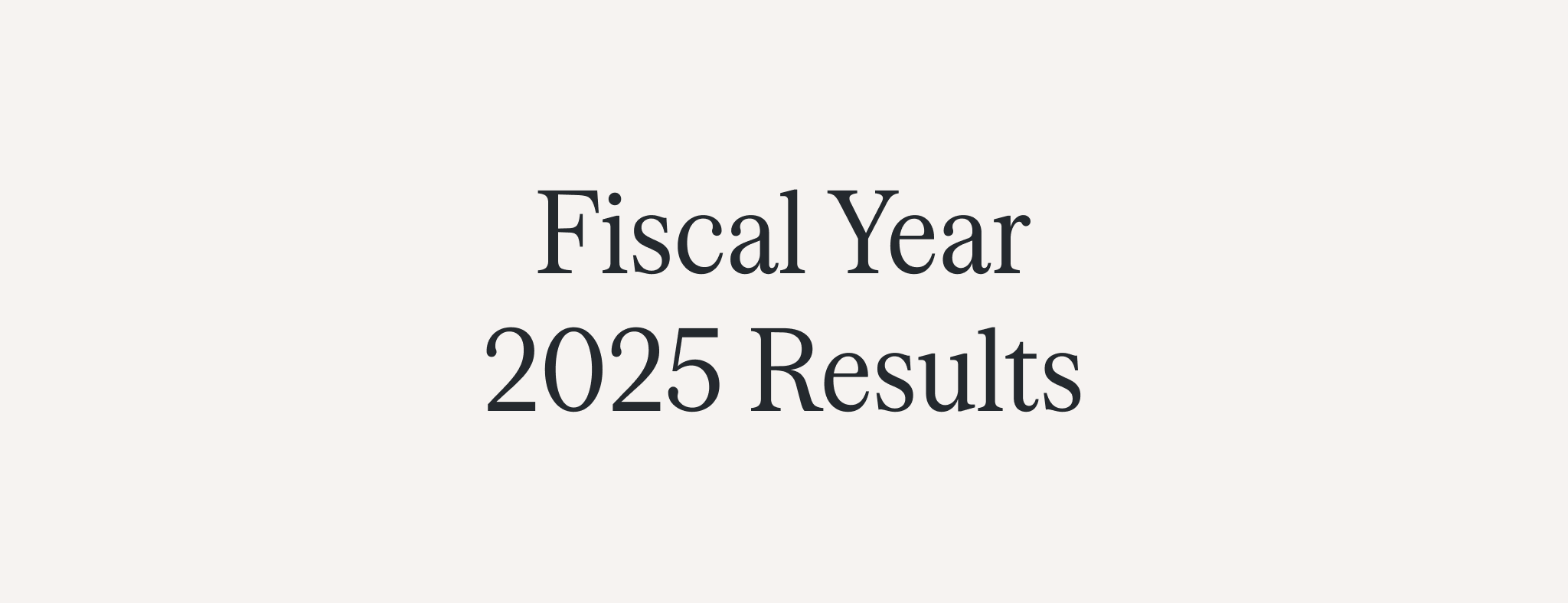Ethena's recent panel with TechGC highlighted the importance of wisely communicating company values
Earlier this week, Ethena was hosted by TechGC, a community org for General Counsels working in venture-backed and high-growth tech industries. Ethena’s panel, "Ethics and Inclusion: How to Help Your Company Do the Right Thing in a Remote-First World," focused to the experience of building a Code of Ethics and how to communicate company values alongside typical compliance programs in the modern, hybrid work environment. Ethena CEO Roxanne Petraeus served as Moderator and was joined by General Counsels April Lindauer from Carta, Nishat Ruiter from TED, and Shawn Rodriguez from Crisis Text Line as panelists.
The resulting conversation was flush with words of advice, training anecdotes, and fascinating perspectives on how to go about shaping company values. We’ve pulled together some of our key takeaways below.
Having Strong Ethics and Communicating Them Well is Essential, Especially for Remote Teams
For a company like Crisis Text Line that has been remote long before the COVID pandemic, Shawn notes that providing written communication about what a company feels its values are is essential to keeping a physically scattered employee base unified in mission: ". . . the more concrete, written evidence you have, we think the more tethered your org can be, particularly when your staff are remote and highly diverse . . . It helps set a tone from the top of the organization's core identity." Crisis Text Line, for example, formed their Code of Ethics by building cross-functional teams, ensuring that their values aligned in all departments of the company and that these departments felt they had a solid hand in shaping the policy.
Ultimately, a great Code of Ethics can do wonders for aligning all employees on the reasoning behind company strategy, Shawn notes:
Ethical Leadership ultimately involves making choices, and having a core set of principles to rely on to guide how those choices are made helps the org make consistent ethical decisions between valid options on which staff might disagree. A Code of Ethics can define "this is who we are, so this is why we do things."
For companies working with hybrid or remote teams, building a strong set of guiding principles together is one of the most important steps to make to keep everyone’s workday running smoothly.
It’s Helpful to Provide a Code of Ethics that Makes Sense to Everyone, Not Just Legal Staff
It goes without saying that any sort of training should be easy to access and easily digested (and, ideally, have a seamless admin experience, but we could go on), especially when aiming for the biggest impact among employees. When talking about her strategy for communicating company ethics, Nishat makes shareable knowledge a priority (off of TED’s tagline: ideas worth sharing). When asked about what to prioritize when making a Code of Ethics, especially one meant to scale with an organization, Nishat starts with approachability: "It’s really about somehow inspiring people to reach that bar. Using the right words, method, approach, so it’s not just 'legal language' that everyone is aware of but completely closes their eyes to."
In the past, this meant taking six weeks to create a podcast on Ethics and Code of Conduct for TED employees. Now, it’s a combination of Ethena’s continuous learning model and supplemental TED resources, including handbooks as well as a one-pager for attendees to TED events.
A Code of Ethics is a Living Document, Meaning that It Should Have Room For Additions as the Company Changes
Like most office-centric companies, two of our panelists were tasked with adapting their company guidelines to fit the needs of a pandemic workforce. Beyond the necessary familiarity with virtual meeting platforms like Zoom, April pointed out that, for Carta, switching to remote work meant discovering new things to train on and bake into their company culture:
We as a company meet once a week–we have a Town Hall–and we were finding that not everyone could come to that. So we had some designated training sessions, for example, that were led by our People team that were [focused on] recognizing when there’s any sort of harassment or bad behavior on Zoom. Because we all of a sudden became a Zoom-based culture. Those were, I think, very very helpful, and it’s interesting now because we’re looking at returning to the office in a few months, going back to that culture with a higher number of remote employees and so we’re looking at leveraging Ethena for some of what we call "return to office" activities.
As office culture becomes work-from-home-culture and work-from-home culture becomes return-to-office culture, what’s most important is making sure leadership, from Executive Suite to Team Leads, is listening to the needs of every team member. Transparency and ease of feedback are essential to providing company knowledge that really matters to employees. Third-party training platforms like Ethena can help admins track employee feedback live to make new training experiences meaningful to everyone, remote or in-person.
We’re so honored to be a part of TechGC’s virtual panel series. A big thank you from Team Ethena for hosting us, and thank you as well to Shawn, April, and Nishat for taking the time to share their stories and advice!








